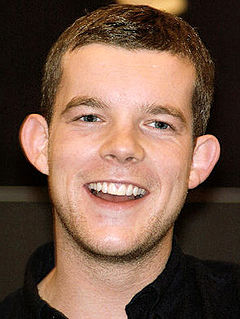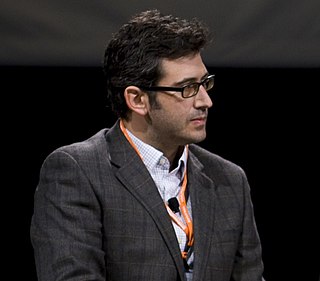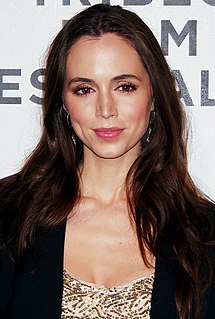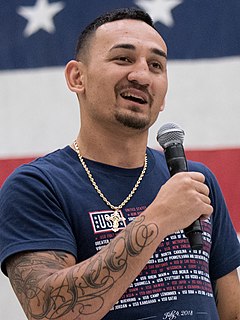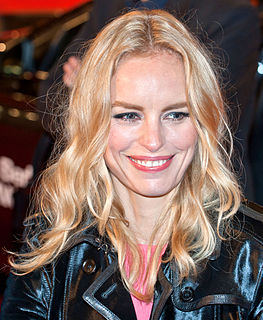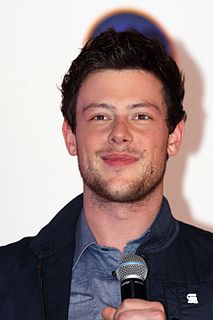A Quote by Carlton Cuse
I didn't know at all I wanted to do TV. I thought I might go to law school. I might want to become a history professor.
Related Quotes
I always wanted to read. I always thought I was going to be a historian. I would go to school and study history and then end up in law school, once, I ran out of loot trying to be a history high school teacher. But my dream was always to place myself in a situation where I was always surrounded by books.
In 1995, I went to Berlin to acting school, which was in East Berlin. And I decided to live in the east, because I thought if I go to West Berlin, I might as well stay in Stuttgart in the West because I know all the signs, and the way we deal with each other, and I wanted to get to know the other part of Germany and how they lived and what their history was and their biography. In that period of time, I learned a lot, and it helped me a lot.
On the one hand, you don't want to disrupt the nation with what might look like a vindictive prosecution, even though it might not be. On the other hand, you want equal justice under the law and if [Hillary Clinton] has violated the law - you know, the FBI never completed the Foundation investigation. That's, as far as I know, that's still an ongoing investigation. They completed the e-mail investigation, but not the Foundation investigation.
I think all of us begin as writers. I wanted to be a writer from the time I as eight, long before I heard of jazz. The question is, once you have that obsession, what is your subject going to be and you often don't know for some time. It might become fiction, it might be non-fiction, and if it's non-fiction it can go in any number of directions.


